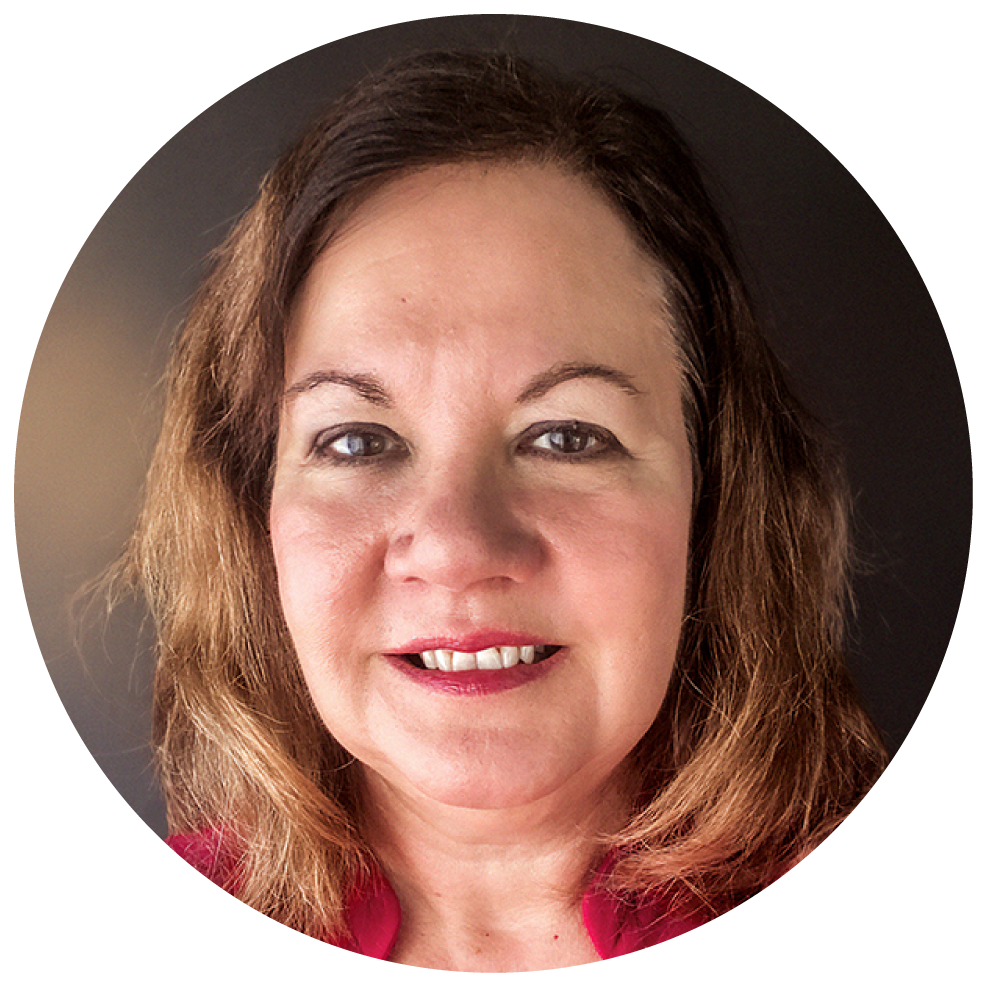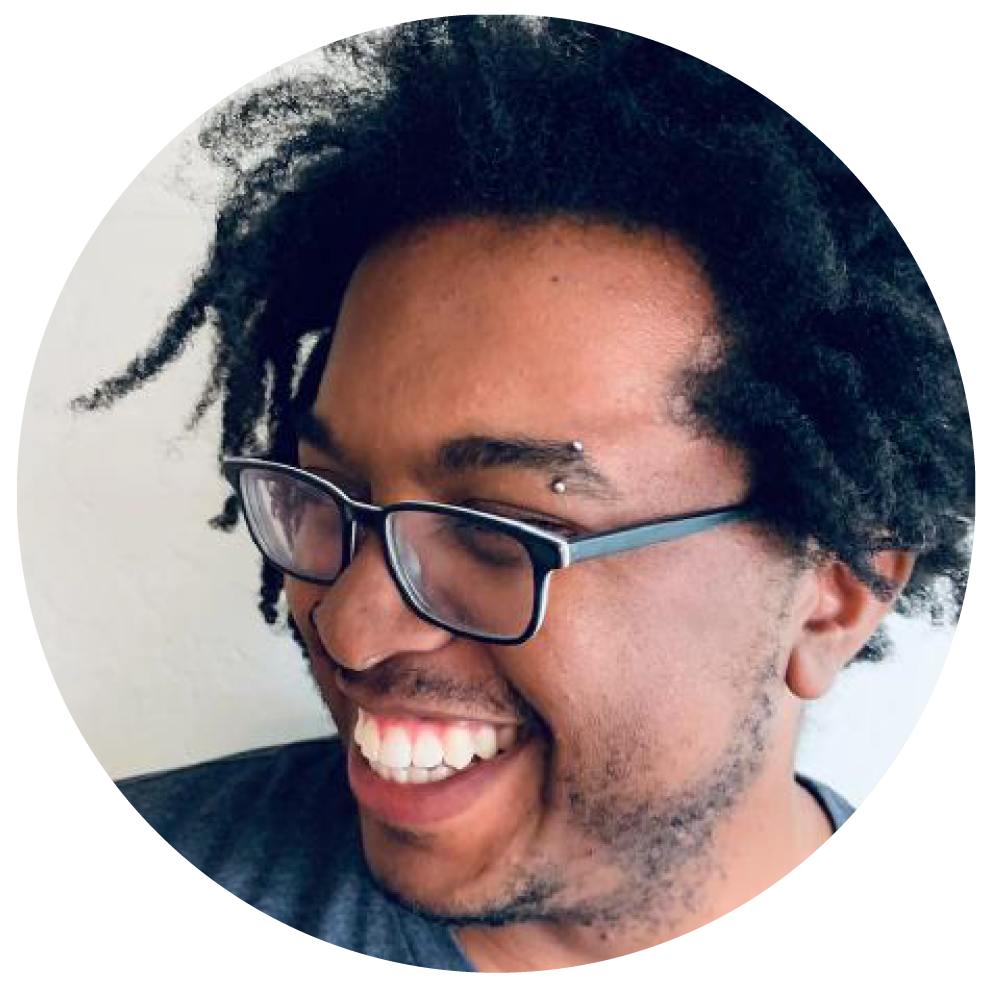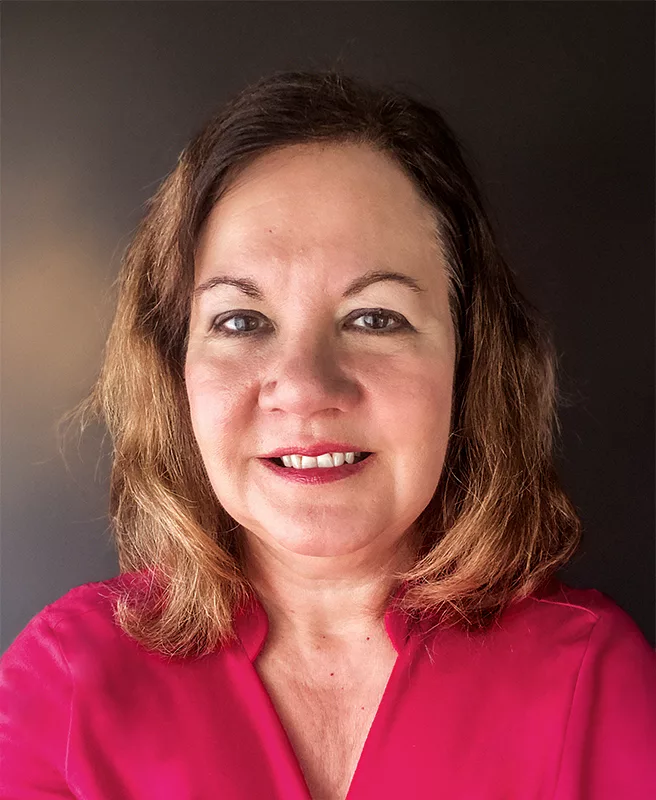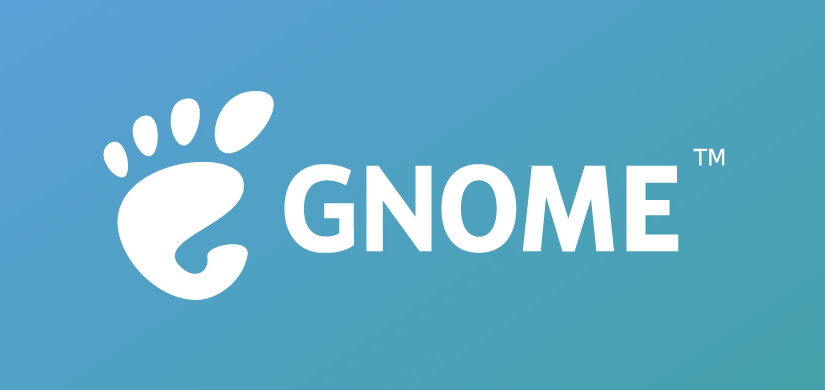This post was contributed by the Fundraising Committee from the GNOME Foundation.
This week we are launching an end-of-year fundraising campaign with a simple goal: to reach 1,500 Friends of GNOME by the end of the year. We need your help: become a Friend of GNOME today at donate.gnome.org!
Why give?
We are a nearly 30-year-old Free Software project whose contributors believe in building something greater than ourselves. We give our work and time freely so that the world benefits. We believe in a world where everyone is empowered by technology they can trust, and we help make that possible by tirelessly building a diverse and sustainable free software personal computing ecosystem.
This past year has been full of highlights from the community, culminating in the GNOME 48 and GNOME 49 releases. You can also read all about what contributors have been shipping week after week in This Week in GNOME, which is submitted and curated by community members.
The GNOME Foundation supports the GNOME project by providing infrastructure, services for contributors, development of Flathub, community travel sponsorship, events, and more. Giving to the GNOME Foundation helps ensure we stay sustainable for the future, enables us to invest more directly into the community and development, and ultimately helps GNOME deliver even more goodness to each and every user for free.
Thank you to existing Friends of GNOME, sponsors, and supporters
Of course, we would like to thank our 744 existing Friends of GNOME and corporate sponsors for their recurring support, as well our advisory board members for their support and guidance. And thank you to the many organizations that support us in other ways, including with infrastructure.
Join us in celebrating!
This week, we will also be sharing and celebrating the accomplishments of GNOME and our contributors over the past year on social media. Be sure to follow #FriendsOfGNOME across our social media accounts:
Finally, if you’re already a Friend of GNOME or join us this month, please share your story with #FriendsOfGNOME as well so that we can thank you!




